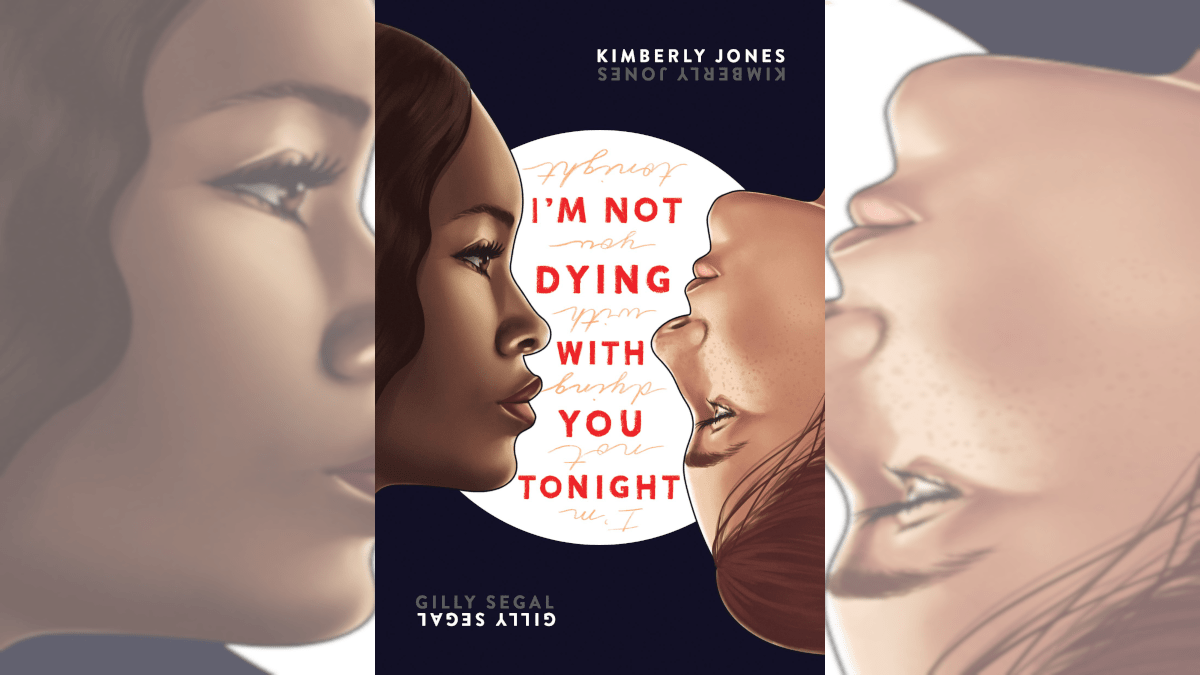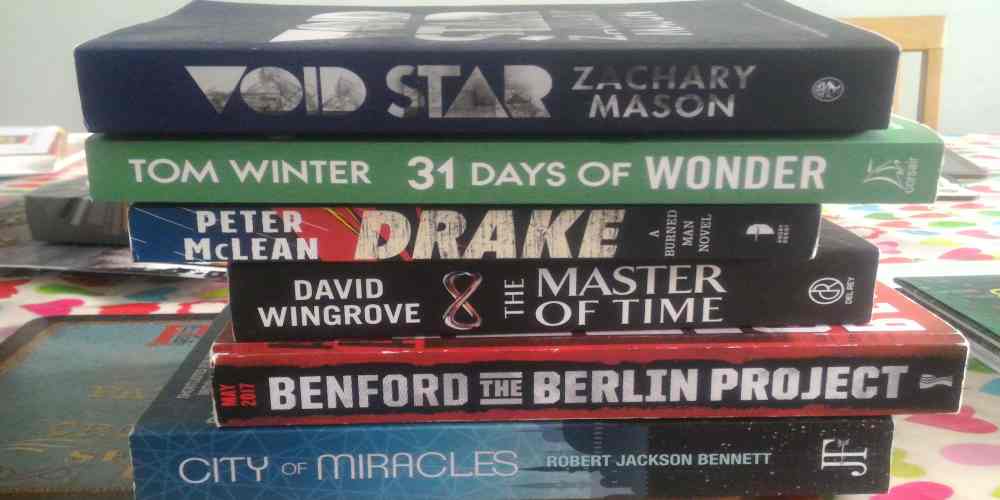 The good start, where I managed to produce a monthly “Paper Mountain” column for three months in a row, has come to an abrupt end. Daily life and an over-fondness for plastic soldiers have meant that whilst I’ve been reading plenty of books, I haven’t found the time to write about them. Here, then, is a rundown of the some of the great books I read during the first part of the summer.
The good start, where I managed to produce a monthly “Paper Mountain” column for three months in a row, has come to an abrupt end. Daily life and an over-fondness for plastic soldiers have meant that whilst I’ve been reading plenty of books, I haven’t found the time to write about them. Here, then, is a rundown of the some of the great books I read during the first part of the summer.
Want more great summer reads? Check out GeekMom’s summer reading list for 2017.
City of Miracles by Robert Jackson Bennett
What is the book about?
I wrote about the magnificence of Robert Jackson Bennett’s Cities series last year. My first choice for this column is the third and almost certainly final installment, City of Miracles.
I can’t say too much about City of Miracles lest I spoil the two volumes that come before. The novel sees the return of a popular character from the first book, coming back from the brink of self-destruction.
In a world where gods no longer exist, there seems to be an awful lot of miracles occurring. The novel is set some twenty years after the tumultuous finale of City of Stairs, with a new and irresistible power arising to fill the vacuum left by the absence of divinity. The fate of the world hangs in the balance with only a ragtag group, consisting mostly of children, to stand in the way of the darkest force imaginable.
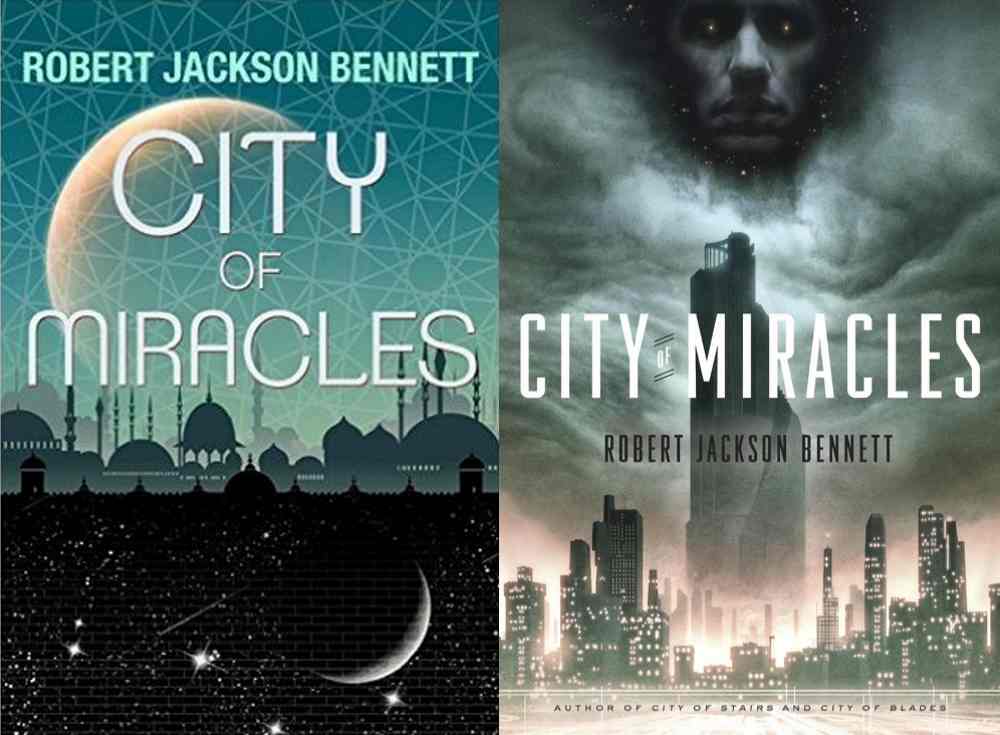
Why Should I Read it?
If you haven’t read the first two books in the series, then you shouldn’t. On the other hand, you have a treat in store for you. Bennett’s trilogy is refreshingly different from most fantasy novels. The author has a wit and tone that is entirely his own.
City of Miracles is a beguiling tale–one worthy of its predecessors. Old characters return, new ones are introduced, and previously incidental ones take center stage as we are once again taken on an adventure containing hard-hitting combat, deadly scrapes, and sulking gods. There’s even a fight on a cable car, and who doesn’t like one of those?
Bennett’s books meld myth and religion into something that is uniquely their own. The books examine faith, death, and the importance of family. This volume delivers a fantastic finale to an excellent series. A series that dares to be different from the norm.
 Drake by Peter Mclean
Drake by Peter Mclean
What is the book about?
As one series finishes, another begins. Drake is the first book in the Burning Man trilogy. It’s a gritty urban fantasy set in London. A P.I. novel with a demonologist Philip Marlowe. If I were writing the tag-line, I might be tempted to chose something like “Bernie Gunther meets Rivers of London.” Drake certainly has the sardonic misanthropic tendencies of Philip Kerr’s wartime detective, and the occult goings on in London invite parallels to Ben Aaronovitch’s popular urban fantasy series.
Drake is a diabolist. A man who can summon demons and devils to help out those in need. The problem is that those who need the denizens of hell to get them out of a fix don’t have the cleanest of problems. The novel opens with Drake losing a bet that he should never have made. Now he owes some very bad people some very big favors.
Enter two women, rather too beautiful to be in Drake’s league, so why their interest? The two femme fatales both have agendas for the beleaguered summoner, but which of them has an interest in his ongoing survival? After his attempt to pay back his creditor goes horribly wrong, Drake finds himself in a dark place with evil forces lurking. Can he survive and what exactly is the truth about the demonic spirit he keeps in the spare room? The one that calls himself the Burned Man.
Why should I read it?
If you like urban fantasy, Drake is a must-read. I discovered it after reading a tweet from one my current favorite authors, Dave Hutchinson.
Because Hutchinson recommended it, I was expecting something in a similar vein to the quiet thrills of the Fractured Europe books. In comparison, Drake is a smack in the face with a wet fish. It’s a grimy, morally ambiguous tale, packed full of action and ideas. It’s blunt and brutal and very compelling.
I love books that draw on mythology, and Drake is anchored in legend and occult mysticism. Mclean feathers this into the tale with great skill. Drake’s resigned nature and wise-cracking observations make him an engaging narrator, despite often appearing to have no redeeming qualities whatsoever. The plot is cleverly constructed, and the finale reveals a bigger picture that entices the reader towards book two.
 Void Star by Zachary Mason
Void Star by Zachary Mason
What is the book about?
Good question! What Void Star is about is hard to quantify. It’s set in the near future after the global warming crisis. Low-lying places such as Singapore are underwater. Yet life finds a way. Whilst the uber-elite live in impregnable tower fortresses with ruthless private armies, the general population ekes out an existence in ghettos, favelas, and shanty towns.
At the core of Void Star is technology. The book could easily have been written by Cory Doctorow. It’s a dystopia based on the evolution of technology. Gene therapy allows the rich to defy death, shanty towns ever expand as they are built up using drones, and a tiny group of people has had surgery to reconstruct their brain. Surgery which puts a camera in their head to record everything that happens to them. In place of an imperfect human memory, they are given a perfect digital one.
The book uses the popular device of opening with several disparate characters, apparently unconnected, before drawing them together for a purpose.
Why Should I Read It?
Void Star is one of those books that when you read it, you realize all the ways you imagined the world might end are wrong. The book presents a technology-gone-mad scenario, which, whilst not quite bringing about the end of the world, changes it in ways that most of us would struggle to imagine. In Mason’s hands, it all seems scarily plausible.
The book is a little uneven. It’s not as thrilling as you imagine it could be. Some of the passages that depict the borders between AI and memory tend towards the psychedelic. What it does have, though, is an abundance of ideas, strong characters, and a spinal cord of social justice. It’s a great vision of broken future, where the holders of technology are king. The question is, as AIs develop, where does artificial end and humanity begin?
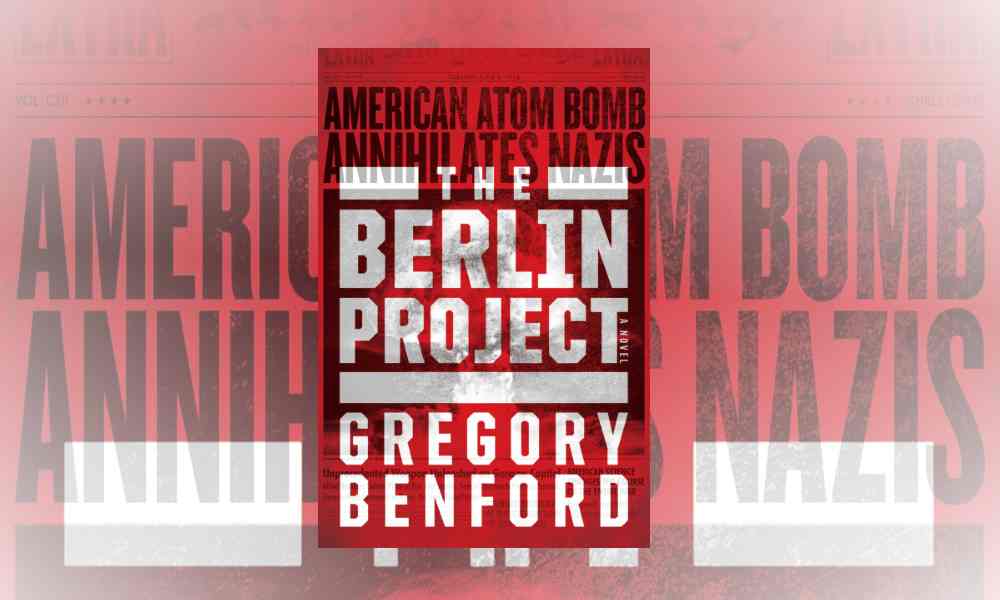 The Berlin Project by Gregory Benford
The Berlin Project by Gregory Benford
What is the book about?
The Berlin Project is alternate history in that grand tradition. This is, perhaps, to be expected, as the book comes from one of SF’s old guard, Gregory Benford. The Berlin Project speculates what might have happened if the Americans had made an atomic bomb in 1944, a year earlier than the bombs dropped in Japan.
There is (apparently) strong scientific backing for this premise. Several methods for the production of Uranium 235 were pursued during the war, with the Manhattan Project and the team in Los Alamos winning out. Benford imagines a different method, backed by scientist Karl Cohen, being funded. As a result, the Americans produce a fissionable material sooner, allowing them to target Berlin.
The book ticks all the boxes that fiction about science should. It features a host of real-life scientists and places them in a real-world context, only with a slightly altered reality. Einstein, Fermi, Heisenberg, and a whole host more, appear in the book to a greater or lesser degree.
The latter half of the book examines how the war might have changed if Berlin had been bombed by a nuclear weapon. I can’t say too much without adding spoilers, except to say Cohen’s method produces a different kind of bomb to the one dropped on Hiroshima. This leads to unexpected (by me) consequences, meaning that World War II and world politics move in a very different direction.
Why Should I Read It?
If you enjoy alternate history, you should definitely read The Berlin Project. It’s an authoritative extrapolation written by a man who knew many of its players. There’s some glorious hard science in here. Those interested in the history of the nuclear arms race and the Manhattan Project will revel in the detail and diagrams. Yes, the book contains diagrams.
The pace is quite slow. It’s not a thriller by any stretch of the imagination. Instead, it’s a thoughtful meditation on the terror of the time and the weight of responsibility of designing weapons of mass destruction.
Fans of classic science fiction will be thrilled to discover that many of the greats of the genre pop up in various ways. Some as authors, others as characters serving in the British or US armed forces. It adds another strand of depth to the book whilst also playing gentle homage to the genre’s greats.
All in all, The Berlin Project is a deeply satisfying read. It’s like a cup of good coffee that invigorates and comforts all at the same time.
 31 Days of Wonder by Tom Winter
31 Days of Wonder by Tom Winter
What is the book about?
Channelling modern popular classics like One Day by David Nicholls, Tom Winter’s 31 Days of Wonder tracks the 31 days that follow a chance meeting in a London park.
Alice and Ben are two millennials trying to make sense of their world. Alice is an intern at a fashionable advertising agency and Ben is a young man with a mental health condition trying to work out what it is he should be doing with his life. They bump into each other in the park. Ben compliments Alice, astounded by her beauty. Before they can talk further, Alice is whisked away by her demanding and domineering boss.
This encounter sends them spiraling in directions they never imagined. Alice is fragile. She has a body image problem and a mother from hell. She is a pushover and unsuited to the cut-throat, bitchy world of advertising. Ben is a bluntly spoken young man whose parents were killed when he was a small boy. He was brought up by his grandparents, who are now reaching the end of their life. His meeting of Alice kicks of an infatuation that leads Ben on a voyage of self-discovery.
Why should I read this book?
Winter is the master of bitter-sweet comedy. His debut novel, Lost and Found, is one of my favorites books ever. He has an artful knack of skewering life’s absurdities. According to the afterword, Winter too has suffered from mental health issues in between the publishing of his second novel and 31 Days of Wonder, his third. This adds weight to his portrayal of Ben.
When reading the book, one can’t help feel that you know exactly how it’s going to end. It turns out that you don’t. Rather than a hearts and flowers finale, Winter opts for something more satisfying, subtle, and realistic. Making your way in the world is tough. People are horrible, but even the briefest encounters can bring great joy and change. This is a life-affirming novel written by a great talent. Winter’s books are not in the traditional mold of GeekDad recommends, but they’re well worth seeking out.
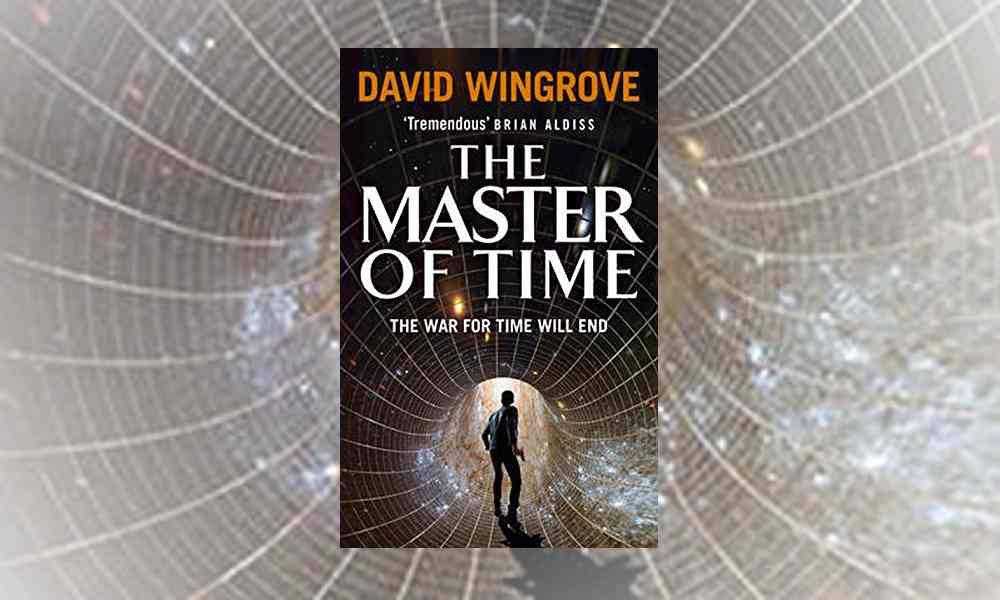 Master of Time by David Wingrove
Master of Time by David Wingrove
What is the book about?
It’s the third and final book in the Roads to Moscow trilogy, a time-traveling escapade that spans history across many continents. The end of book two threw up a very surprising twist, a phenomenal cliffhanger that I wanted to see resolved.
The story of Max and the War in Time continues. I can’t say much more than that, as there are two books that precede this one and I don’t want to give away any spoilers. (For my other reviews of the series, click here.) Master of Time has more mind-bending time alterations as the Germans try to get the better of the Russians and vice versa.
The story does shift focus as the nature of the eternal battle changes. Max is forced to make some unexpected alliances as he searches in vain for his elusive nemesis. Once again, Max struggles to balance personal happiness and devotion to his family against the fate of the world and the countless nameless people who need him.
Why should I read this book?
Because you’ve read the other two and are desperate to find out how the story finishes. Wingrove’s take on time travel is innovative and occasionally mind bending. The first two books in the series are particularly good.
If I’m honest, I’d have to say the third book doesn’t quite reach the heights of the other two. The plot lacks the focus and tends towards repetition, as the story becomes more a personal vendetta than a complex temporal political war. Max becomes too self-centered for my liking, and for parts of the novel, I wished somebody would put a bullet in his head.
There’s still plenty of interesting history here, though, particularly of the Middle Ages in Europe. The book also features cameos from great scientists, so if that sort of thing appeals, there’s lots to like here. Despite a weaker third volume, The Roads to Moscow series is still an excellent time travel saga, packed full of ideas and brain-tingling paradoxes.
Until next time…
If you enjoyed these reviews, do check out the other volumes from my Paper Mountain series here. I also took over the Stack Overflow column recently with three great books from women writers. It’s taken me so long to write up this edition of the column, I’ve already read several books to add to the next one. Hopefully, it won’t take me quite as long to write about the next installment of my trip up the Paper Mountain. Until then, happy reading.
Disclaimer: I received review copies of all these books apart from Drake.



